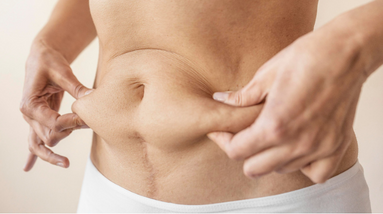
Biliopancreatic diversion (BPD) is a type of weight loss surgery that involves removing a large portion of the stomach and rerouting the small intestine to reduce the amount of food that can be absorbed.
During the BPD procedure, the surgeon divides the stomach and removes a portion of it, leaving a smaller pouch that can hold only a small amount of food. The small intestine is then rerouted to connect to this smaller stomach pouch, bypassing the rest of the stomach and part of the small intestine where most food is absorbed.
BPD is considered to be an effective weight loss surgery, as it can lead to significant and sustained weight loss. However, it is also associated with a number of potential complications, including malabsorption of nutrients, diarrhea, and vitamin deficiencies. Additionally, the procedure is considered to be more invasive and carries a higher risk of complications than other types of weight loss surgery, such as gastric bypass or sleeve gastrectomy.
BPD is typically recommended for individuals with a BMI of 50 or higher, or for those with a BMI of 40 or higher who have obesity-related health conditions such as type 2 diabetes or hypertension. However, it is important to discuss the potential risks and benefits of BPD with a qualified healthcare provider before making a decision.
As with any weight loss surgery, it is important to follow a strict diet and exercise plan after surgery in order to achieve and maintain weight loss. Additionally, individuals who undergo BPD may need to take vitamin and mineral supplements to prevent nutrient deficiencies.